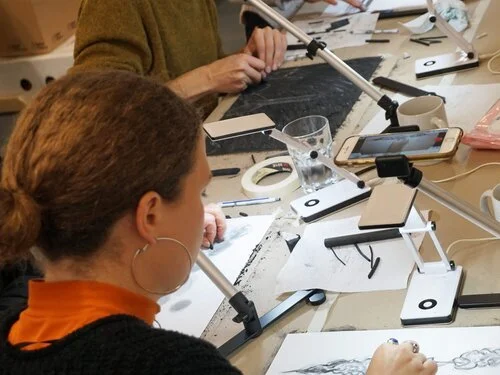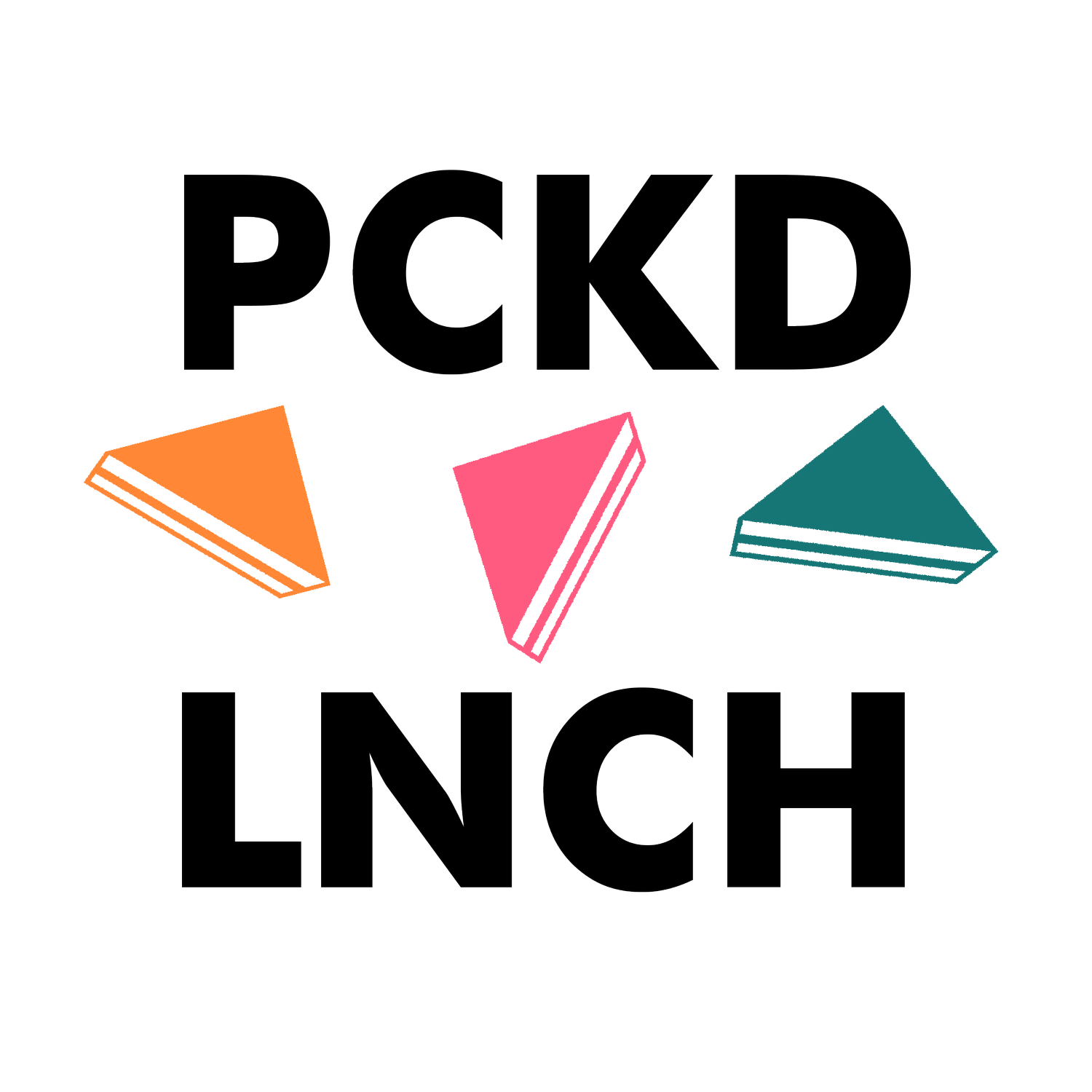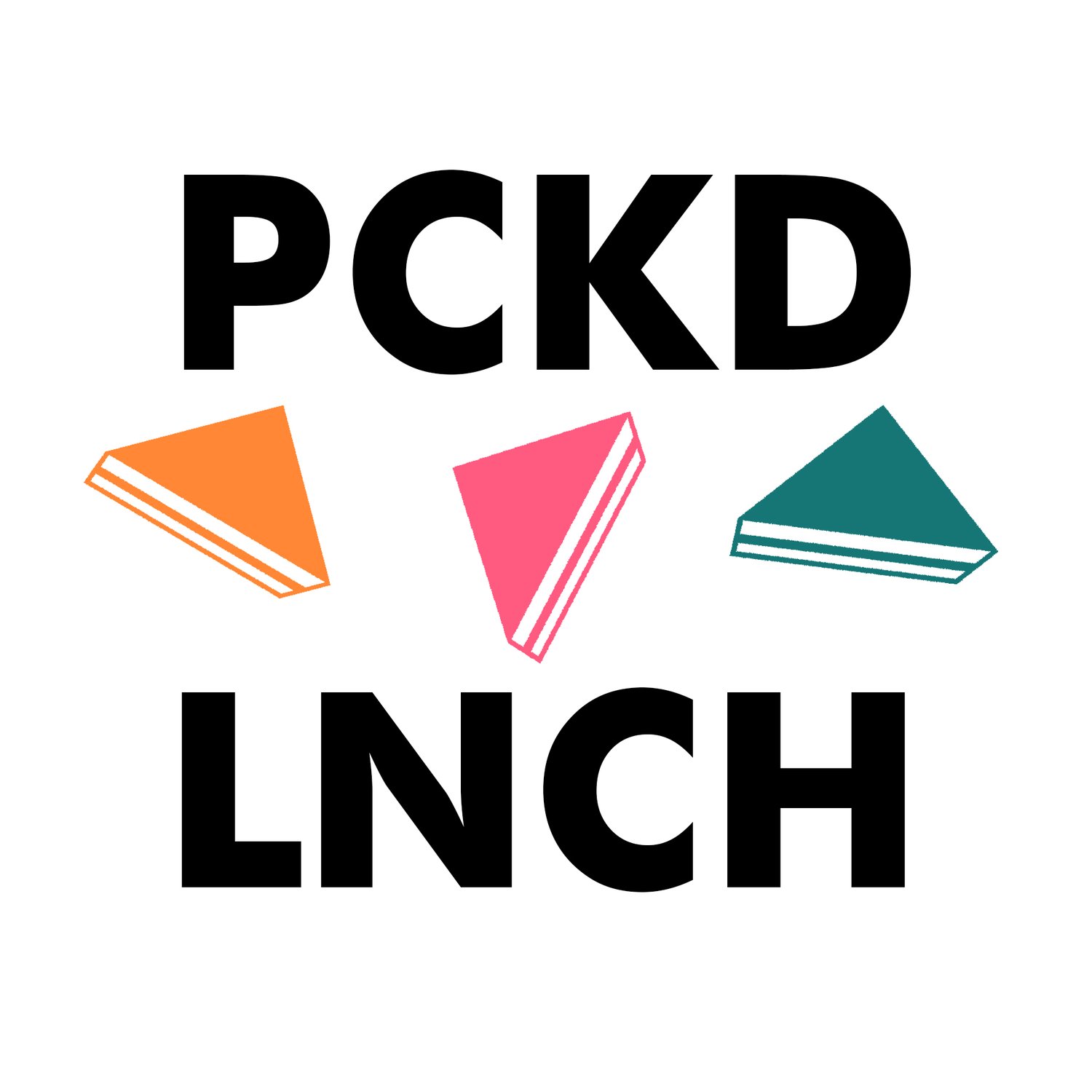
Animating from Care
Charcoal Animation Course for Care-experience Learners
We all have stories to tell - valid, powerful, impactful stories. Sometimes, these are the stories of our imaginations. Always, these are narratives from or inspired by the journeys of our lives. And often, our stories influence those journeys, but remain hidden, secrets perhaps, on the fringes.
For individuals who have lived through the care system, the stories of life can be particularly intense and outside of the understanding of most. They can also have an impact on a person’s social integration and personal growth. The latest NSPCC ‘Children in care: statistics briefing’ (Nov. 2024) noted an 8% increase in looked-after children over the previous five years, along with acknowledgement that this cohort had poorer mental health outcomes and lower levels of overall personal wellbeing than the general child population, barring children in need. Instability in the home, problematic family relationships, childhood traumas and emotional dysregulation, among a host of other factors, account for real levels of social isolation and disadvantage among those who have experienced the care system, along with higher rates of criminalisation (ONS, 5 Dec. 2022).
Storytelling through moving-image making offers a beautiful creative outlet for countering stigmas stemming from acute adverse childhood experiences. It also provides opportunities for improved personal wellbeing and, as a skills-based endeavour, increased social capital.
Charcoal animation workshops build creative communication skills, nurture artistic growth and enable tech-related learning.
Structures and Outcomes
This initiative is for
formerly looked-after individuals and
currently fostered and adopted young people
who are keen to develop filmmaking skills or simply find a fresh way to tell stories that resonate with them. It is primarily differentiated by age group, with lesson plans and delivery also determined by the existing skills levels; neurodiversity needs; and social, emotional and mental health needs of learners.
10 - 13 Years
1.5 to 2-hour workshop in animation practice - short, simple loops
participant-led image development
14 - 18 Years
3-day course (half-day)
storyboarding and creation of 1-minute animation
participant-led image and narrative development
19+ Years
3-day course (full-day)
storyboarding and creation of 1-minute animation
post-production tuition
participant-led image and narrative development
For younger learners (10 - 13 years) and individuals requiring highly differentiated learning provision, this experience is a great introduction to visual storytelling and animating more generally, offering the skills and freedom to express themselves in ever more creative ways. The short workshops can be developed into a wider packed of structured learning or exist as one-off experiences, as required.
For learners aged 14+ and individuals with the aptitude and appetite for more in-depth learning, Animating from Care offers a host of possibilities in the development of human and social capital:
Primary Outcomes
Enhanced Creative Communication Skills: Participants will demonstrate an improved ability to express themselves through visual storytelling methods, developing confidence in articulating personal narratives and experiences through animation practice.
Improved Wellbeing and Self-Esteem: Participants will show measurable improvements in mental health indicators, self-confidence and personal resilience through creative expression and peer interaction.
Increased Technical Proficiency: Participants will acquire transferable digital skills in animation software, filmmaking techniques and media production, supporting educational and employment opportunities.
Secondary Outcomes
Social Integration and Network Building: Reduced social isolation through participation in collaborative creative projects and community engagement within the studio environment.
Educational Engagement: Increased motivation toward learning and potential re-engagement with formal education pathways, particularly for those who have experienced educational disruption.
Career Pathway Development: Introduction to creative industry opportunities and development of portfolio materials that support future applications to further education or employment in media, arts, and related sectors
Partnerships
It is critical that we work in collaboration with organisations working with care-experienced individuals and/or with a vested interest in the wellbeing of people who have lived through the fostering and adoption system in the United Kingdom. Whether you are a statutory body (including local authorities), charity, community organisation, trust, foundation or individual with the resources, reach and/or participant base to grow this initiative, we would love to hear from you.







